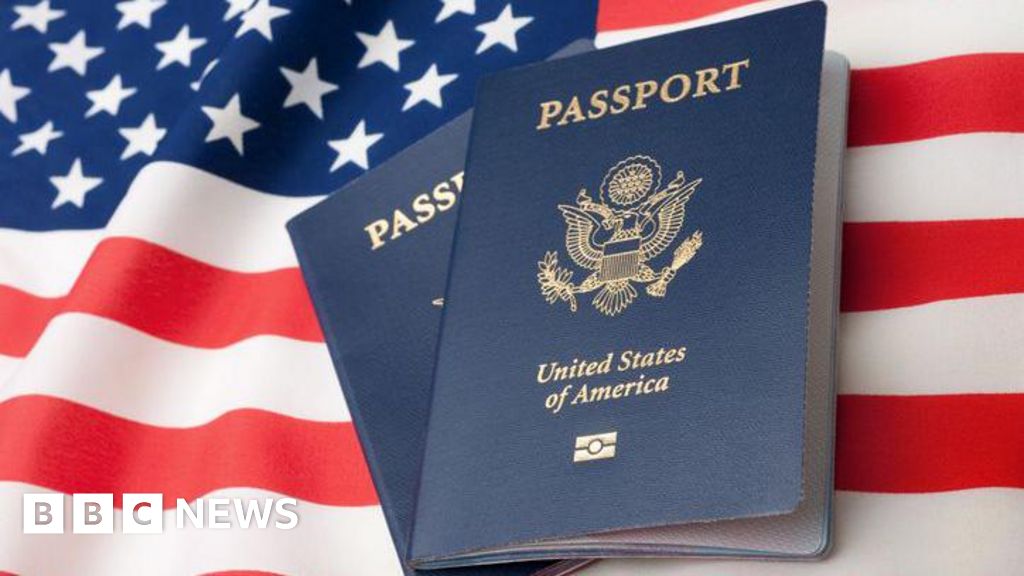Birthright Citizenship: A Global Perspective
Introduction
In recent news, the subject of birthright citizenship has gained significant attention, particularly following President Donald Trump’s executive order aimed at altering the existing framework surrounding citizenship in the United States. This principle, enshrined in the 14th Amendment, has provided automatic citizenship to anyone born on U.S. soil for nearly 160 years. As this debate unfolds, it’s essential to examine how the laws concerning citizenship vary across the globe.
The U.S. Context: Birthright Citizenship Under Threat
Trump’s executive order seeks to redefine birthright citizenship, targeting children born to immigrants who are in the U.S. illegally or on temporary visas. While the historical understanding of citizenship has skewed heavily towards jus soli—granting citizenship based on birthplace—this order marks a significant shift, causing ripples through public opinion. An Emerson College poll indicated that a majority of Americans appear to support Trump’s position.
Birthright Citizenship Worldwide
The concept of birthright citizenship, or jus soli, is not widespread globally. The U.S. stands among about 30 countries, predominantly in the Americas, that grant citizenship automatically to individuals born within their borders. Conversely, many nations, particularly in Asia and Europe, operate under jus sanguinis, wherein citizenship is determined by the nationality of one’s parents, regardless of birthplace.
Regional Differences in Citizenship Laws
Most countries in Asia, Europe, and parts of Africa adhere to the principle of jus sanguinis, meaning children generally inherit their nationality based on their parents. For instance, nations such as China and Malaysia have stringent rules governing citizenship that often leave children stateless if born to undocumented immigrants.
In contrast, various countries have adopted a hybrid approach, allowing citizenship for children born to permanent residents, thereby blending both principles.
Historical Insights: The Evolution of Birthright Citizenship
John Skrentny, a sociology professor at the University of California, San Diego, notes that while birthright citizenship is prevalent in the Americas, each nation-state has charted its own unique journey toward this principle. The U.S. adopted the 14th Amendment partially to clarify the citizenship status of freed slaves, among other factors.
Countries commonplace in offering jus soli citizenship often formulated their policies during state-building initiatives, strategically including certain populations, while excluding others—particularly during pivotal transitional periods.
Recent Trends: Shift Towards Restrictions
In recent years, many nations have revisited their citizenship laws, tightening restrictions on birthright citizenship in response to heightened concerns about immigration, national identity, and birth tourism—the practice where parents travel to another country primarily to give birth.
For example, India once offered citizenship to anyone born on its soil, but changes initiated in 2004 now require at least one parent to be a citizen or legal resident for a child to gain citizenship. Similarly, numerous African nations abandoned jus soli after gaining independence, aligning with more restrictive policies, generally requiring at least one parent to hold citizenship.
Changes in European Policies
Europe has witnessed significant changes regarding citizenship laws as well. Ireland, once the last country in Europe to uphold unrestricted jus soli, abolished the policy in 2004 following a public referendum. The alteration aimed to deter foreign women from traveling to Ireland to obtain EU passports for their children.
A Closer Look: The Dominican Republic’s Controversial Amendment
One notable case is that of the Dominican Republic, where a constitutional amendment passed in 2010 redefined citizenship to exclude children of undocumented migrants. A 2013 Supreme Court ruling made this change retroactive, leaving many, primarily of Haitian descent, stateless.
Despite international condemnation and human rights concerns, a subsequent law was introduced in 2014 to assist Dominican-born children of immigrants in reestablishing their citizenship. This case exemplifies the intersection of national policy, race, and migration, demonstrating how laws can shift in response to political climates.
Legal Challenges: Constitutional Questions at Play
With President Trump’s executive order circulating through the judicial system, several lawsuits have already emerged from various states and civil rights organizations. These legal actions highlight a contentious debate surrounding the constitutionality of birthright citizenship.
Legal experts largely agree that an executive order cannot unilaterally change constitutional rights. The recent Supreme Court ruling that limits the capacity of federal judges to issue universal injunctions means that the order may soon take effect, although its ultimate constitutionality remains uncertain.
Justice Sonia Sotomayor remarked that birthright citizenship is “the law of the land,” suggesting that any attempt to rescind it may ultimately be judged unconstitutional.
Looking Ahead: The Global Citizenship Landscape
As migration patterns evolve and governments increasingly grapple with issues of identity and citizenship, the policies surrounding birthright citizenship are likely to remain in flux. The ongoing debates will serve as a barometer for how nations negotiate the complexities of border control, human rights, and national identity. Understanding the nuances of citizenship laws globally can shed light on the multifaceted nature of these discussions and offer a richer perspective on ongoing changes.


